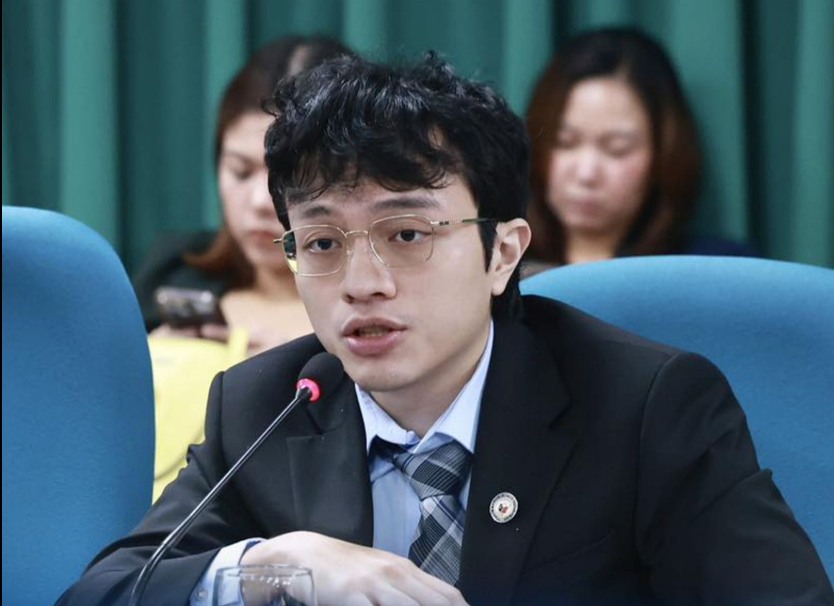On Monday, millions of students will return to the classrooms as the Department of Education (DepEd) officially kicks off the 2025–2026 school year for public schools. Private institutions may follow suit, but they have the option to set their own schedules, as long as they comply with the School Calendar Law (Republic Act No. 11480), which mandates that classes begin no later than August.
For this school year, over 27 million students are expected to enroll in elementary and high schools nationwide, based on DepEd’s latest enrollment monitoring. This figure includes students from public and private schools, as well as those in the Alternative Learning System.
Along with the excitement of a new academic year, we once again face the same recurring problems: overcrowded classrooms or lack of classrooms, a shortage of teachers, insufficient learning materials, and outdated facilities. Year after year, these issues persist despite numerous promises of reform. It has become an unfortunate cycle that Filipino students, parents, and educators continue to endure.
Yet, an equally important (or even graver) concern looms over the educational system: almost 19 million Filipino high school graduates are classified as functionally illiterate, according to the Philippine Statistics Authority (PSA). These individuals are part of the larger population of nearly 25 million Filipinos aged 10 to 64 who struggle with comprehension and application of basic literacy skills. Functional illiteracy refers to the inability to effectively read, write, and process information in real-life situations, limiting one’s ability to participate fully in society.
This crisis begs the question: How did we reach this point? While many blame the K-12 curriculum, pointing to its gaps in implementation and effectiveness, there is another critical factor worth examining—the overconsumption of digital entertainment among young Filipinos. The rise of mobile gaming, endless social media scrolling, and addictive content platforms like TikTok has undoubtedly led to an alarming decline in reading habits and critical thinking skills. Attention span of our young people has likewise been affected. Many students spend hours glued to their devices, consuming short-form entertainment that prioritizes instant gratification over deep comprehension. With minds conditioned for quick dopamine hits, sustained focus on academic learning has become a greater challenge than ever before.
Addressing functional illiteracy requires a multi-faceted approach. The government must invest in teacher training, enhance reading programs, and consider the revision of the curriculum, if needed, to strengthen comprehension-focused learning. Schools should integrate digital literacy courses that teach students how to use technology productively rather than passively consuming content.
For its part, the DepEd has outlined several initiatives to combat functional illiteracy. Among these are the expansion of reading intervention programs, the implementation of enhanced literacy assessments, and the deployment of additional teachers specializing in remedial education. The department has also committed to strengthening partnerships with local government units and private organizations to provide supplementary learning resources and training for educators.
Parents, too, play a crucial role in solving this crisis. Regulating screen time and encouraging book reading at home can significantly influence a child’s cognitive development. But how can they guide or teach their children properly when they themselves are busy tinkering with their gadgets? Meanwhile, society as a whole must acknowledge the gravity of this issue and push for policies that prioritize education reforms over short-term fixes.
The real crisis is not just the lack of physical resources but the decline in literacy itself. If we fail to act now, an entire generation may suffer the consequences of a broken system. We must make every effort to ensure that graduates can fully grasp, analyze, and apply knowledge in their daily lives.
For comments, email jojoterencio@gmail.com




